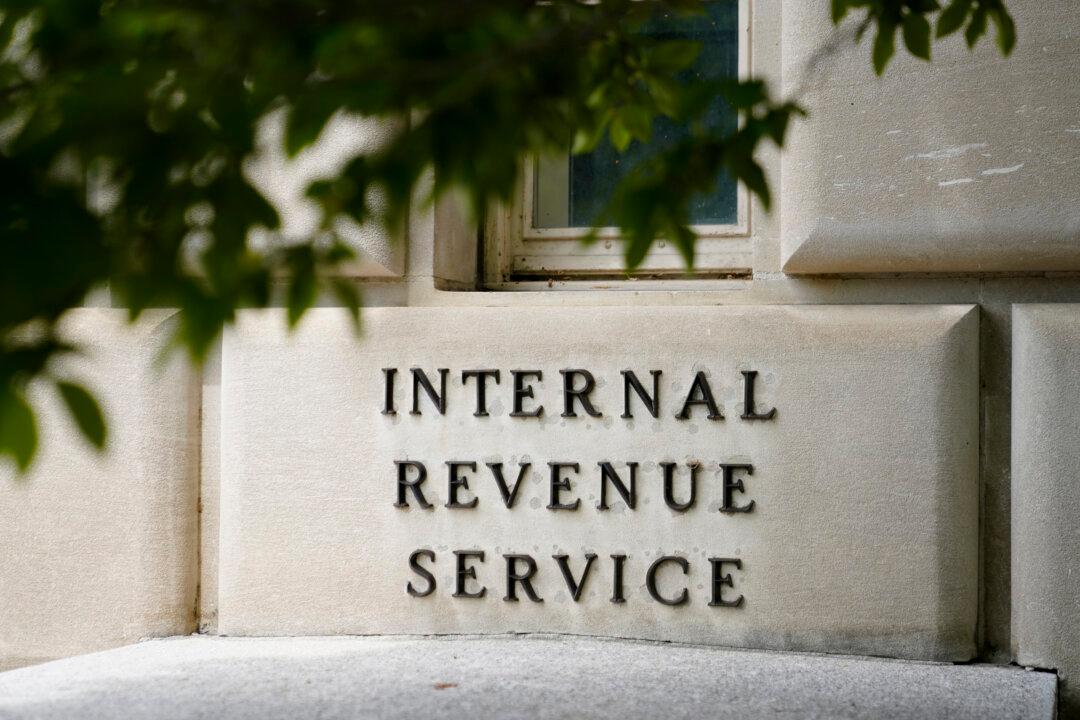A failure to properly fund the Internal Revenue Service (IRS) could result in lower and middle-income taxpayers facing a higher share of tax audits, warned the agency in a recent report.
On May 2, the IRS released an update of its Strategic Operating Plan which outlines the dozens of improvements the agency made for taxpayers with the $80 billion funding secured from the Inflation Reduction Act (IRA). According to the report, the IRS is using the funding to boost enforcement personnel like accountants, engineers, economists, data scientists, attorneys, and tax experts with specialized skills.





